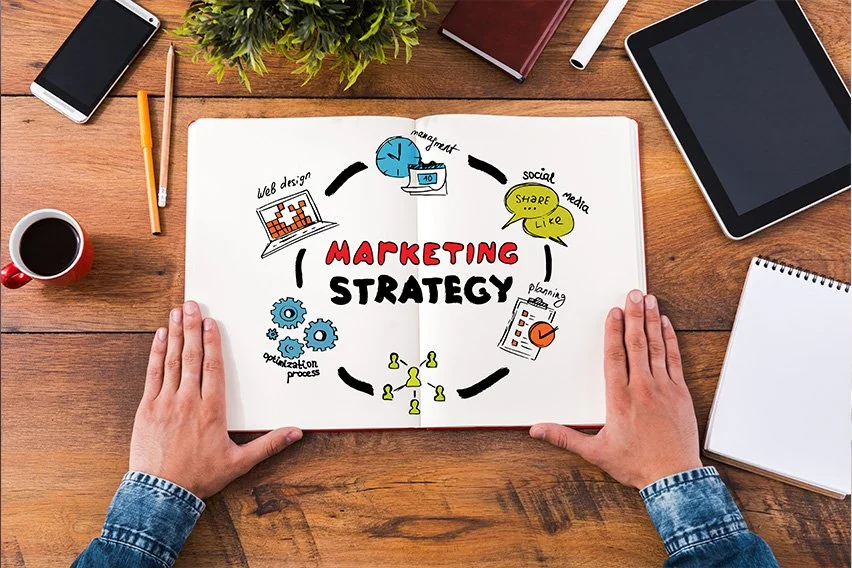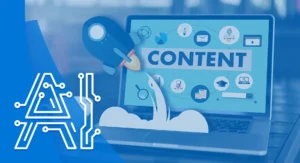Navigating the Startup Journey in 2025: Challenges and Opportunities for Emerging Entrepreneurs
Starting a business has never been easy, and as we head into 2025, the landscape for startups is more complex than ever. Economic shifts, rapid technological advancements, and evolving consumer expectations mean that entrepreneurs will need to be agile and resourceful to thrive. While challenges are inevitable, they come with unique opportunities for growth and innovation. In this article, we’ll explore the key challenges startups face in 2025 and how to turn them into opportunities for success.
1. Securing Funding in an Uncertain Economy
One of the biggest challenges facing startups in 2025 is navigating an uncertain economic climate. After years of pandemic-related volatility and the rise of inflation, venture capital funding may be harder to come by for early-stage businesses. However, the shift in funding dynamics also presents new opportunities:
- Alternative Funding Sources: With traditional venture capital becoming more selective, startups are increasingly turning to alternative funding options such as crowdfunding, angel investors, and even revenue-based financing. Platforms like Kickstarter, GoFundMe, and equity crowdfunding sites allow startups to raise capital from a community of backers who believe in their mission.
- Bootstrapping and Self-Funding: Many entrepreneurs are opting to bootstrap their businesses, relying on personal savings, loans, or revenue from initial sales to fund their operations. This gives startups more control and reduces the pressure of giving up equity early on.
- Strategic Partnerships: Partnerships with larger companies or even other startups can provide valuable resources without the need for external investment. Startups can collaborate to share expertise, marketing channels, and sometimes even pool funds to scale together.
While securing capital may be more difficult, it’s still possible to find creative ways to fund a startup. Those who innovate in their funding approach will be better positioned to weather economic challenges.
2. Navigating Regulatory and Compliance Changes
As the regulatory landscape continues to evolve, startups will need to stay ahead of new laws and compliance requirements. Whether it’s data privacy, environmental regulations, or industry-specific rules, startups must be prepared for the changing legal environment:
- Global Regulations: As international markets become more interconnected, navigating global regulations will become more challenging. For example, data protection laws like GDPR in Europe and CCPA in California can impact how startups handle user data. It’s critical for businesses to invest in compliance tools and consult legal experts to avoid costly fines and reputational damage.
- Industry-Specific Regulations: Some industries, such as health tech, fintech, and blockchain, face particularly stringent regulatory hurdles. Startups in these sectors must be proactive in understanding industry-specific regulations, obtaining the necessary licenses, and adhering to compliance protocols.
- Sustainability and ESG Requirements: Governments worldwide are tightening regulations around sustainability and corporate social responsibility (CSR). Startups focused on green technologies, sustainable products, or social impact may face additional requirements but will also have opportunities to tap into a growing demand for ethical and eco-friendly solutions.
Startups that remain proactive in understanding and adapting to regulatory shifts will not only avoid legal pitfalls but also position themselves as responsible businesses in the eyes of investors and customers.
3. Competing with Industry Giants
Startups often face the daunting task of competing against established industry giants with deep pockets and vast resources. However, small businesses can leverage their agility and innovation to carve out a unique space in the market:
- Disrupting the Status Quo: Many startups thrive by disrupting established industries. By offering innovative solutions that challenge the status quo, startups can attract customers who feel underserved by traditional players. For example, in the financial services sector, fintech startups have disrupted legacy banks by offering more convenient and affordable solutions.
- Niche Targeting: While large corporations may have the resources to target mass markets, startups often have the advantage of being able to cater to niche audiences. By focusing on specific customer segments, startups can offer highly tailored products and services that resonate more deeply with their target market.
- Agility and Speed: Startups are nimble and can adapt more quickly to changes in the market. This agility allows them to experiment with new products, pivot when necessary, and innovate faster than larger companies, which are often bogged down by bureaucracy.
In 2025, the key to competing with larger companies will lie in a startup’s ability to be innovative, agile, and deeply attuned to the needs of their customers.
4. Building a Strong Company Culture in a Hybrid World
The future of work is hybrid, and startups must find ways to foster a strong company culture even as employees work from various locations. Building a cohesive team and maintaining high levels of engagement will be critical for success:
- Remote Work Challenges: While remote work offers flexibility, it also presents challenges in terms of communication, collaboration, and maintaining a cohesive team culture. Startups must invest in the right tools and technologies—such as project management platforms, virtual team-building activities, and video conferencing tools—to keep employees connected and engaged.
- Diversity and Inclusion: In 2025, diversity and inclusion will be even more important. A startup’s success is often determined by the diversity of perspectives, backgrounds, and ideas within the team. By fostering an inclusive environment, startups can tap into a wide range of ideas, drive innovation, and build a strong reputation as an employer of choice.
- Work-Life Balance: In the hybrid work environment, burnout is a growing concern. Startups need to focus on promoting work-life balance and creating a supportive environment that prioritizes employee well-being. By offering flexible hours, mental health support, and clear boundaries between work and personal life, startups can ensure that their teams remain productive and happy.
By creating a strong, inclusive, and supportive company culture, startups can retain top talent, enhance collaboration, and drive long-term success.
5. Leveraging Technology for Efficiency and Growth
Technology is a startup’s best friend, offering numerous tools that can streamline operations, enhance productivity, and accelerate growth. From automation and artificial intelligence (AI) to cloud computing, startups will increasingly rely on technology to stay competitive:
- AI and Automation: AI tools and automation platforms can help startups reduce manual tasks, streamline workflows, and improve decision-making. Whether it’s automating marketing campaigns, using AI for customer service, or leveraging analytics for business insights, AI can free up resources and improve efficiency.
- Cloud-Based Solutions: Cloud computing allows startups to access scalable resources and collaborate more effectively across remote teams. By using cloud-based tools for everything from file storage and project management to CRM and accounting, startups can stay agile while reducing infrastructure costs.
- Data-Driven Decision Making: The importance of data cannot be overstated. In 2025, startups will rely heavily on data analytics to make informed decisions about product development, marketing strategies, and customer engagement. Leveraging big data and predictive analytics tools will give startups the insights they need to stay ahead of trends and optimize their operations.
Technology offers startups the ability to scale quickly, operate more efficiently, and stay competitive in an increasingly digital world.
6. Shifting Consumer Preferences and Expectations
In 2025, consumer expectations will be more demanding than ever. With the rise of conscious consumerism and heightened digital literacy, startups will need to adapt to the changing needs of their target audience:
- Sustainability and Ethics: Consumers are placing more importance on environmental sustainability, ethical sourcing, and corporate social responsibility (CSR). Startups that can demonstrate their commitment to social and environmental issues will be better positioned to capture the loyalty of today’s conscious consumers.
- Personalization: Consumers now expect personalized experiences across all touchpoints. From marketing messages to product recommendations, startups need to invest in AI and customer data platforms to deliver more personalized and relevant interactions with their audience.
- Speed and Convenience: With the rise of on-demand services and fast delivery models, consumers are increasingly expecting speed and convenience. Startups that can provide quick responses, fast shipping, and seamless user experiences will have a competitive advantage.
To succeed in 2025, startups must stay attuned to the ever-evolving preferences of their customers and offer solutions that meet their expectations for sustainability, personalization, and convenience.
Conclusion
Starting a business in 2025 will come with its unique challenges, but these obstacles also present exciting opportunities for innovation and growth. Whether it’s finding creative funding solutions, competing with larger companies, or building a resilient remote-first culture, the startup journey in 2025 will require agility, creativity, and perseverance. Entrepreneurs who can adapt to the changing landscape, leverage new technologies, and connect with evolving consumer demands will be best positioned for success.
The road ahead may be tough, but it’s also filled with opportunities for those who are ready to navigate the challenges and turn them into success stories.













